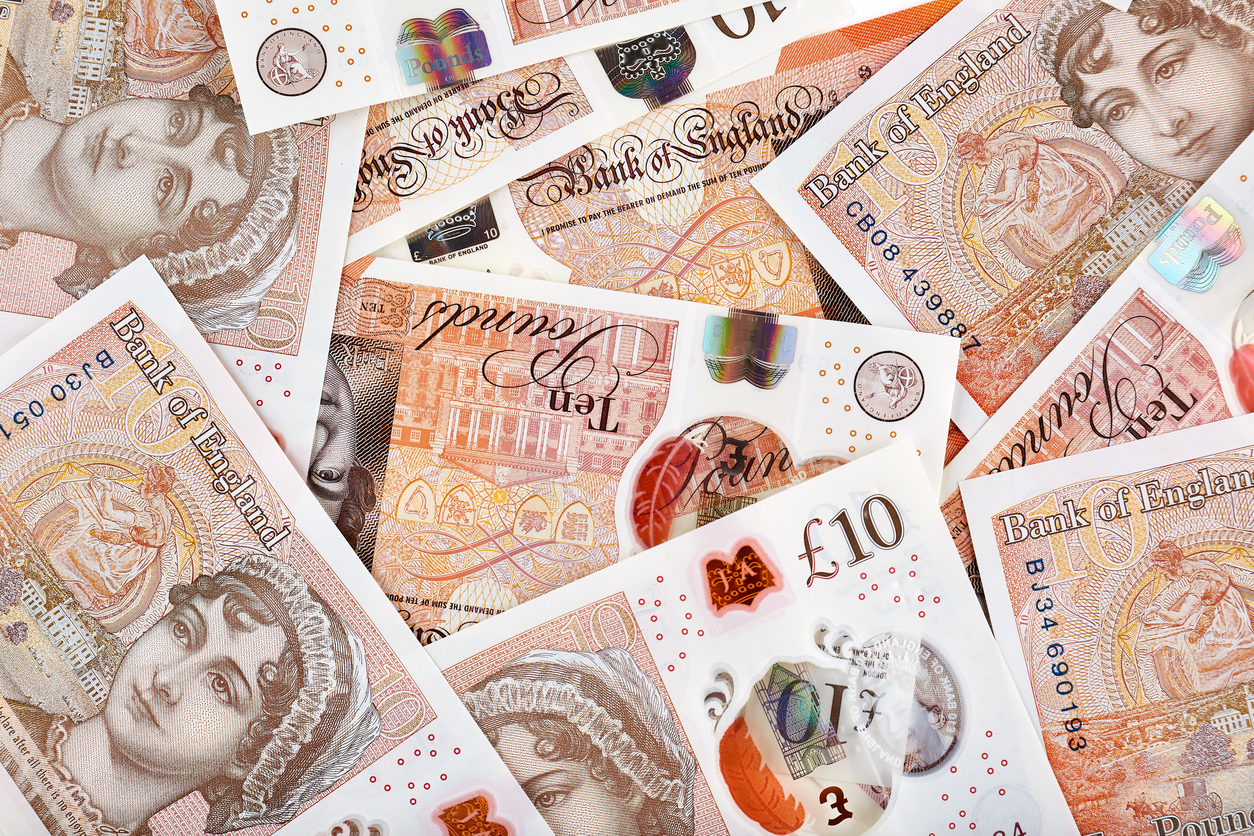How to Choose the Best Personal Loan Provider
Choosing the right personal loan provider can go a long way toward dealing with sudden emergencies, funding your dreams, or simply improving your credit score for future mortgage applications.
If you have a fair credit score (i.e., a score between 580 and 699 according to FICO), you may find it harder to get a favorable personal loan with a good APR without some legwork. The right provider will give you fair terms and interest rates, however, which is why knowing how to identify a reputable lender is so important.
What are Loan Providers?
Loan providers are companies or institutions that offer personal loans in the form of a cash lump sum. This is a broad and fairly vague term that covers institutions such as:
- Banks
- Credit unions
- Payday loan companies
Even credit card companies, store card providers, and private individuals can technically be considered loan providers if they lend you money. The difference between a cash loan from a friend and a third party is obvious, of course, but the difference between a credit lender and a personal loan provider is in how credit is extended.
A credit card or store card provider gives you a balance to use and pay back repetitively, while a loan provider will enter an agreement to give you a set lump sum of cash. Once this amount is paid back (plus interest), the agreement will be terminated.
What are the Signs of a Reputable Loan Provider?
One of the major concerns everyone should have when seeking a personal loan is finding a loan provider that is reputable, ethical, and legitimate. The signs of a solid, reliable, and reputable personal loan provider include, but are not limited to:
- A secure website.
- Clear terms and conditions.
- Clear contact options and professional customer service.
- Unbiased reviews and ratings online.
- Good standing with the Better Business Bureau (BBB).
- Information on regulatory compliance measures is readily available.
Of course, if you are going for a loan from a large bank or credit union, this will not be an issue. If you are considering smaller, younger loan providers, you should check that all of these green flags are in order. But what about red flags?
What Red Flags Should I be Aware Of?
Most of us are aware of the dangers of taking high-interest loans from private individuals (sometimes called loan sharks), but the truth is that not every registered loan provider is reputable. There are several red flags that you should be aware of.
Of course, you should be wary of any loan provider that lacks the positive features listed above. You can also look for these red flags, however:
- Very short repayment timeline and high repayments.
- High origination fees.
- High early settlement fees.
Any loan provider that charges you huge fees to take out a loan or settle a debt early is probably going to give you a bad experience. They may be operating legally - in fact, they most certainly will be - but certain kinds of loans are loosely regulated and can lead to a cycle of borrowing and deepening debt. Payday lenders are the most common type of legal lender that operates under such terms.
How Can I Improve my Chances of Getting a Fair Credit Loan?
Getting online personal loans for fair credit scores is possible, but can be challenging if you want to borrow large amounts. Ironically, if you have a fair credit score and want to improve it quickly, taking out a smaller personal loan and paying it off in full is one of the best ways to do so.
If you can, borrow small amounts from time to time and pay them off promptly to improve your credit score. This is one of the best ways to improve your chance of getting a larger personal loan at a good rate of interest, should an emergency arise.
Assuming you need to get a personal loan quickly, however, you can improve your chances by taking the following steps:
- Pay down any debt you have as much as possible to reduce your debt-to-income ratio.
- Clear up erroneous black marks on your credit history (e.g., disputing falsely reported missed payments).
- Shop around and consider a variety of loan providers.
- Undertake soft credit checks to gauge your chances of success.
- Ask for only what you need or slightly less than you need if you are having trouble getting a larger loan.
Remember that you can also apply for secured loans that use assets as collateral or require a co-signer if you are unable to get an unsecured loan!













